Young people and the Digital Transition: Uses, challenges and opportunities in the Autonomous Region of the Azores
Over the last decade, the digital transition has been one of the most recurrent themes on the agenda of the European institutions. Young people, seen as central actors in this field, have gained prominence in the definition of objectives and policies, seeking to mitigate the uncertainties about the future, triggered by successive crises such as climate change, technological transformations, social exclusion, populism, or misinformation.
The European Union Youth Strategy 2019-2027 foresees a set of objectives aimed at developing the full potential of young people in several areas. Although they are not legally binding, they expose the relevance of reflection-action around equality, inclusion, education, work, access to and criticism of information and democratic participation, highlighting the importance of the uses of technologies and digital practices for these processes.
The effective implementation of these goals requires a diagnostic work of the social contexts and the population of interest, allowing the mapping of profiles, skills, and inequalities in access and use for the establishment of targeted action plans. The digital transition must, therefore, be understood as a process adapted to each reality. The Autonomous Region of the Azores has sought to intervene in the empowerment of young people by developing public policies in basic economic areas – agriculture, fishing, and tourism, through research and innovation, as well as by implementing actions for the digital inclusion of individuals and institutions.
In this regard, the DIGIUSOS’ goal is to produce a study-diagnosis on the use of media and digital technologies (devices, platforms and content) by the young population (15 – 29 years old)5 of the Autonomous Region of the Azores, covering the formal and informal contexts. This systematized mapping of practices and digital skills of the young population has not been carried out, inhibiting the design of public policies (regional and national) based on the identification of local communities of practice, the characterization of sociodemographic asymmetries of access and use, the recognition of challenges and opportunities for digital empowerment and the consolidation of best practices for sustainable social inclusion and civic participation.
The innovative characteristic of DIGIUSOS’ scientific contribution is reinforced by a research design that articulates in an unprecedented way in the regional context the five areas of the Digital Competence Framework (DigComp 2.1) – information and data literacy, communication and collaboration, digital content creation, security, problem-solving – covering a differentiated set of devices, platforms, and digital content.
DIGIUSOS is part of a robust international lineage of studies dedicated to examining the accelerated transformations that digital media have been promoting in the social experience of contemporary youth (ex. Montgomery, 2000; Livingstone & Helsper, 2010; Cortesi et al., 2015; Boulianne & Theocharis, 2020; Lombana-Bermudez et al., 2020), gathering original empirical evidence that, in an insular framework of significant socioeconomic asymmetries, allows researchers to answer three fundamental research questions: what is known, how is it characterized, and what are the main challenges and opportunities faced by young people, in the context of digital transition.
Paulo Nuno Vicente, Catarina Duff Burnay and José Sotero.
